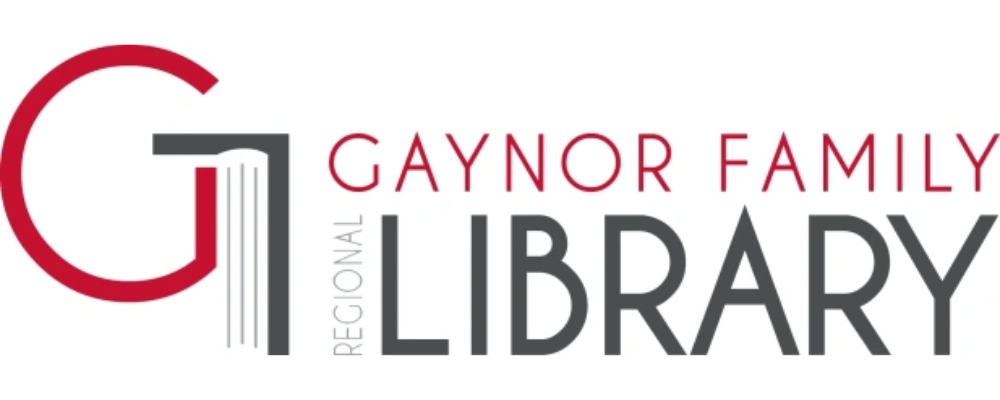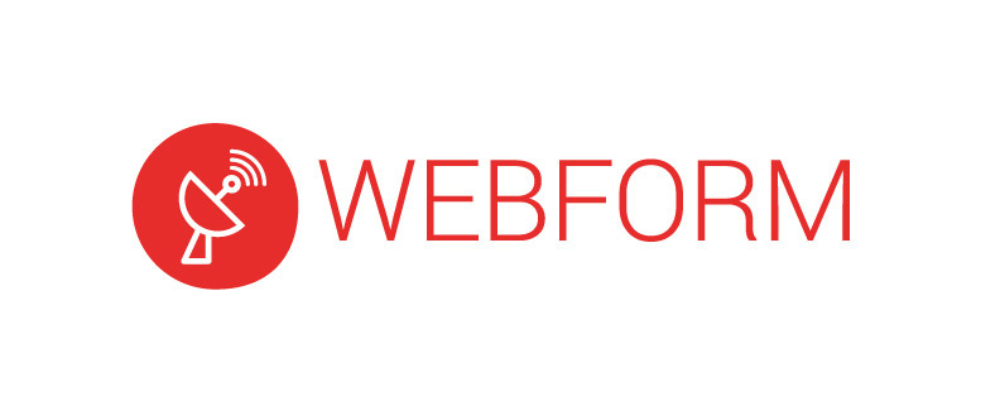Are print books a dying format?
So far in this blog series, we’ve brought you highlights from our recent study, Turning Pages: Print Book Use in Canada 2023 on how Canadians are buying, borrowing, and reading print books.
Today in this last instalment, we’re focusing on the format preferences of Canadian buyers, borrowers, and readers. And we can tell you that despite the rise of digital formats, they continue to prefer print books!
About the data
Turning Pages: Print Book Use in Canada 2023 incorporates published data from our annual publications the Canadian Book Consumer Study 2023 and Canadian Leisure and Reading Study 2023 as well as unreleased data from those consumer surveys.
The Canadian Book Consumer Study 2023 includes results from quarterly surveys of Canadian book consumers about their book acquisition behaviour during March, June, September, and December 2023. For Turning Pages, 1,508 Canadians surveyed were considered print book buyers and 812 Canadians were considered print book borrowers, having bought a print book or borrowed a print book from the library in 2023.
The Canadian Leisure & Reading Study 2023 presents data from a survey of Canadians fielded in January 2024. The survey queried Canadians about how they spent their leisure time in 2023, with a focus on reading. For Turning Pages, 923 Canadians surveyed were identified as print book readers, having read at least one print book in 2023.
If you’re interested in the numbers behind the graphs below, you can find our source data here.
Canadians prefer reading print books
Out of all Canadian readers surveyed for the Canadian Leisure and Reading Study 2023, 59% of them prefer print books over ebooks or audiobooks.
While still the largest group of Canadian readers, this percentage is down year over year. The graph below shows the book format preferences for all Canadian readers over the last five years. The percentage of Canadian readers who prefer print books has decreased 9% from 65% in 2019 to 59% in 2023.
Even with this decrease, the importance and vitality of print books is still on the minds of Canadian readers as seen in the survey comments:
“Keep printing books.”
“I prefer a hardcover book. I like to have a physical book because then I can pass it along to others to read.”
“Physical print books can never replace screens.”
“Touching, smelling, and feeling the texture of a book is the food of life. Once you buy a book it is yours for life and unsubscribing doesn’t take it away. You can share it with others and read it over and over again.”
Canadian print readers are also loyal to the print format in another way — they’re the least likely group of readers to read a book in another format. In responding to the question “If I can’t find the print version of a book, I won’t read it in another format,” 30% of print readers responded “yes” and 25% responded “sometimes” to this question. Meanwhile, only 37% responded “no” and 8% were “unsure.”
The graph below compares responses to this questions with ebook readers' responses to the question “If I can’t find the ebook version of a book, I won’t read it in another format,” and audiobook listeners' responses to “If I can’t find the audiobook version of a book, I won’t read it in another format.” Here, we can see that only 18% of ebook readers and 21% of audiobook listeners agreed with the statements and are, therefore, more open to reading books in other formats.
Canadians prefer buying print books
According to the Canadian Book Consumer Study 2023, 74% of Canadian book buyers prefer print books over any other book format. The graph below shows the book format preferences of Canadian book buyers in 2023. While Canadian book buyers who prefer print books make up almost three-quarters of all book buyers, 17% prefer ebooks, 6% prefer audiobooks, and 3% do not have a preferred book format.
Similar to Canadian readers, Canadian book buyers who prefer print books are the least likely to choose a book in another format. For this survey, Canadian book buyers were asked “If your preferred book format is not available, would you choose to get the book in another format?” Only 22% of book buyers who prefer print books answered “yes” to this question, compared 43% of book buyers who prefer ebooks and 46% of book buyers who prefer audiobooks, shown in the graph below. Canadian book buyers who prefer print books also responded “no” to this question at a much higher rate — 32%.
Canadians prefer borrowing print books
Canadians who borrow books from the public library also prefer print books, according to the Canadian Book Consumer Study 2023. Shown in the graph below, 70% of Canadian book borrowers prefer print books, compared to 17% who prefer ebooks, 9% who prefer audiobooks, and 5% who have no preferred book format.
Canadian book borrowers who prefer print books are also less likely to get a book in another format. Only 28% of Canadian book borrowers who prefer print books answered “yes” to the question "If your preferred book format is not available, would you choose to get the book in another format?" Meanwhile, 45% of book borrowers who prefer ebooks and 41% of book borrowers who prefer audiobooks answered “yes” to that question. The graph below also reveals that book borrowers who prefer print books are still the most likely group to respond “no” to this question, at 25%.
What else do we know about print book consumers in Canada? Check out the full study for more interesting data on print book use in Canada in 2023.




















Find out what titles made it to the March 2025 Loan Stars Adult Canadian list.